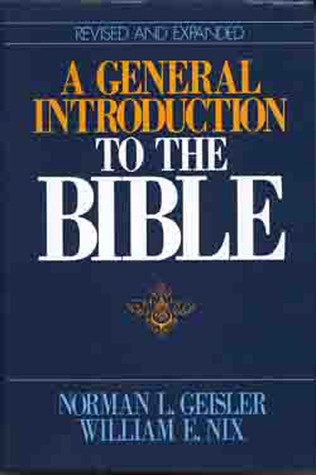What do you think?
Rate this book


728 pages, Paperback
First published January 1, 1968
The general purpose of this book has been twofold: historical and theological. Historically and critically, it has been an attempt to answer the question as to whether the Bible of the twentieth century, based as it is on the critical Hebrew and Greek texts, is a faithful reproduction of the books produced by its original authors. The answer is by now obvious, and it is this: No book from antiquity comes to the modern world with greater evidence for its authenticity than does the Bible. Both the kind and the amount of evidence that supports the fidelity of the present critical text are greater than for any other book from the ancient world.
Directly related to this historical conclusion is a theological one. For if there is overwhelming evidence that the biblical documents are genuine and authentic -- that they stem from alleged periods and authors -- then one must face seriously their persistent claim to divine inspiration. When these claims are thoroughly examined and honestly faced, one can but conclude that the Bible as a whole claims to be the Word of God, and the evidence confirms this claim.
Along with the question as to whether the books of the Bible are divinely inspired, it has been necessary to address the kindred question as to which books of the Bible are inspired, that is, the question of canonicity. One statement will suffice as a summary for both this and the foregoing question. The sixty-six books of the Protestant Bible known today are the entire and complete canon of inspired Scripture, handed down through the centuries without substantial change or any doctrinal variation.
Any results of higher criticism that are contrary to [the orthodox view of the Bible] are incompatible with the traditional doctrine of the inspiration and authority of Scripture... such contrary views of Scripture are actually unorthodox.This does not seem like honest evaluation of the evidence to me. Later the authors claim that any criticisms contrary to their belief must be based in various "isms" (and obviously all "isms" are evil).
To the biblical student familiar with the phraseology of the New Testament, it will be no surprise to find among the inscriptions [from pagan writers] the well-known "I have fought a good fight," "Love your husband," and "Rebuke not an elder." The list of sins (excepting idolatry and covetousness) are also similar. It seems that both Christian and pagan writers shared a common core of culture and terminology